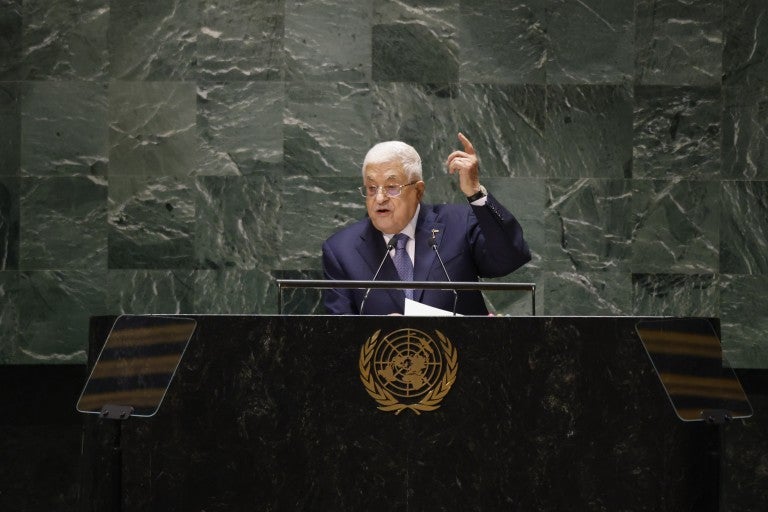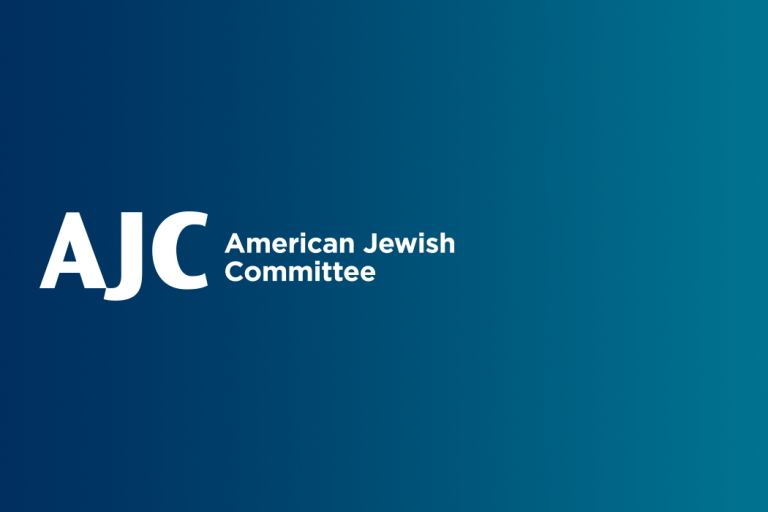July 10, 2018 — Jerusalem, Israel
By Eran Lerman
True to form, President Recep Tayyip Erdoğan is reading his electoral success of June 24, 2018, as a mandate to consolidate his grip on power and undo his enemies, real and perceived. After jailing a record number of journalists, assuming control of most media, rewriting electoral procedures, and moving polling places out of opposition strongholds, he won 52.9% of the presidential vote, and his AKP party, in coalition with the MHP nationalists, won 344 out of 600 seats in parliament. Since Election Day, Turkish authorities have instituted a new wave of purges, removing many thousands from government ministries, the military, and the police.
This does not bode well for Turkish democracy, for NATO coherence, for eastern Mediterranean regional stability, or for Israel's national interest. Erdoğan is increasingly being drawn toward close cooperation with Putin – a fellow authoritarian leader – particularly over Syria, where Russia, Turkey, and Iran are calling the shots. He shows no sign of relinquishing the S-400 surface-to-air missile deal with Russia, and his brutal actions against the Kurds in Syria, first in Afrin and now in the Manbij area, could ultimately place him and his country – for many years a loyal NATO ally – on a collision course with U.S. forces on the ground.
Erdoğan overtly supports Hamas, and Turkey, through generous funding provided by the aid agency TIKA and other channels, now plays a major role in the subversive Islamist activity known as da'wah, providing social services with a political propaganda agenda in the Arab neighborhoods of East Jerusalem. Driven by ideological imperatives and imperial ambitions, Turkey now operates in direct competition with Israel, Jordan, and the Palestinian Authority for power and influence in the city, while denying the legitimacy of Jewish rights there.
In the eastern Mediterranean, where Israel has extensive energy interests, Turkish pressure on Cyprus remains a major disruptive factor. Similarly disruptive are the recent rumblings from Ankara about reopening the Lausanne agreement demarking the border with Greece in the Aegean that was reached after the bloody war of the early 1920s.
Most important for the immediate future, massive and brutal actions against Kurdish enclaves, after the fall of Afrin earlier this year, may further unravel the already frail balance of forces in the region. The prospect of Erdoğan joining hands with the Iranian mullahs to try to overthrow the existing global order at the expense of America and her allies is real enough to keep us all awake at night.
Restraints on Turkey
And yet Erdoğan’s rush ahead into more and more dangerous pursuits will likely run into some obstacles. Turkey is not Iran. Turkey today, with roughly the same number of inhabitants as Iran, is more than ten times richer than her eastern neighbor. AKP was successful where previous Islamist parties failed because it was able to offer millions of Turkey's poor and downtrodden masses a path into the lower middle class and a prospect for a better life for their children. Policies that could block such chances by taking Turkey "east" and sharpening differences with the West could also undermine Erdoğan's standing. Hence the care being taken – even amid high tensions, such as with Israel during the Gaza flotilla in 2010 – not to do anything that could harm national economic interests.
Moreover, the actual distribution of the vote (in both the presidential and parliamentary elections) reveals that in the regions vital to Turkey's economic success and international standing as a trading nation – the prosperous areas of the Aegean coast and, to a lesser degree, in Istanbul (where Erdoğan still won) – the AKP's standing is not quite as secure as in the Anatolian hinterland. In most of the western districts it was Muharrem Ince and the opposition CHP that won. With the economy (and the Turkish Lira) in some difficulty – inflationary pressure driven by budget deficits, and rising unemployment – it would be highly unwise for the government to alienate the key productive sectors of Turkish society, let alone drive an international policy which would raise tensions with Turkey's trading partners in Europe.
The Kurdish vote is one more potential difficulty. In the presidential balloting, 8.4% percent of the vote went to Kurdish leader Selahattin Demirtas, who contested this election from his prison cell (with Erdoğan muttering loudly about executing him as a terrorist). His HDP (People's Democratic Party), essentially the Kurdish voice in Turkish politics, crossed the very high bar of 10% required for representation in parliament, with 11.7%, translating into 67 seats. In the southeastern districts of Turkey, the party won majorities, indicating that Erdoğan's turn away, in recent years, from reconciliation to repression has not yet broken the Kurdish spirit.
True, Erdoğan is now beholden to his junior partner, MHP's Devlet Bahceli, who, takes a firm anti-Kurdish line. It is also clear that the Afrin campaign was used by Erdoğan to stir up nationalist Turkish sentiments against the "terrorists," and more is yet to come in Syria. Still, it is not easy for a country to pursue an all-out war against a people who constitute a significant part of the electorate, without getting ever deeper into a cycle of repression and violence – which, once again, would have some repercussions for Turkey's international standing and economic access.
Moreover, in regional terms, a strategy of reliance on the partnership with Russia and Iran in Syria may prove very short-lived, and there are signs that it is already unraveling. Erdoğan and his government would seek to arrange the return of millions of Syrian refugees to Syria, but Assad and his Iranian backers are not keen to see so many Sunnis back now that the demographic trends have been brutally tilted toward the Alawites and other minority groups. If (or rather, when) the Assad regime proceeds to consolidate its grip on most of the country, and the mopping-up battles now fought in the south will come to Idlib in the north, Turkish and Iranian interests will be diametrically opposed.
Elsewhere, Erdoğan's allies are not doing well, and that may contain Turkey's ambitions. Hamas in Gaza, despite the ugly campaign of fire kites (burning fields and nature reserves, and cruelly killing lizards and tortoises who did the Palestinians no harm), is in desperate straits. In the proxy war in Libya, Egypt's man, "Field Marshal" Khalifa Haftar and his "Libyan National Army" forces in Cyrenaica, are doing better than the Turkish-backed government in the west. Qatar, Erdoğan's collaborator in support of the Muslim Brotherhood across the region, is under siege by her neighbors. And Israel has built a close working relationship with Greece and Cyprus (The three defense ministers met in Nicosia on June 22, 2018),
U.S. Actions Needed
At this time it is important for the U.S. to send a clear message by taking the following actions:
- Ankara should be told that the arrangements negotiated over Manbij constitute the high-water mark of Turkish advances in Syria. Kurdish areas east of the Euphrates must remain beyond Erdoğan's reach, even if this requires keeping a limited U.S. presence there.
- With a growing threat of Turkish interference, it is time to clear out of Incirlik Air Base in southern Turkey and make use, for coalition operations, of the newly refitted Muwaffaq Salti Air Base in Jordan (named, ironically, for a fighter pilot killed in battle with Israel in 1966).
- Although NATO has no provisions for throwing a rogue member out, it can be structured in a way that limits access to some fields of information and decision-making mechanisms.
- Finally, the massive F-35 deal at this stage not only puts sensitive U.S. technologies within reach of the Russians (whose presence in the S-400 array is bound to give them access) but also sends the wrong signal to the wrong man at the wrong time. Important as it is to U.S. industries, the deal need not be cancelled, but delivery schedules can and should be controlled by Congress until Erdoğan gives good proof that he has changed direction.
Eran Lerman is the former deputy for foreign policy and international affairs at the National Security Council in the Israeli Prime Minister's Office. Prior to that, he served as director of AJC Jerusalem.


